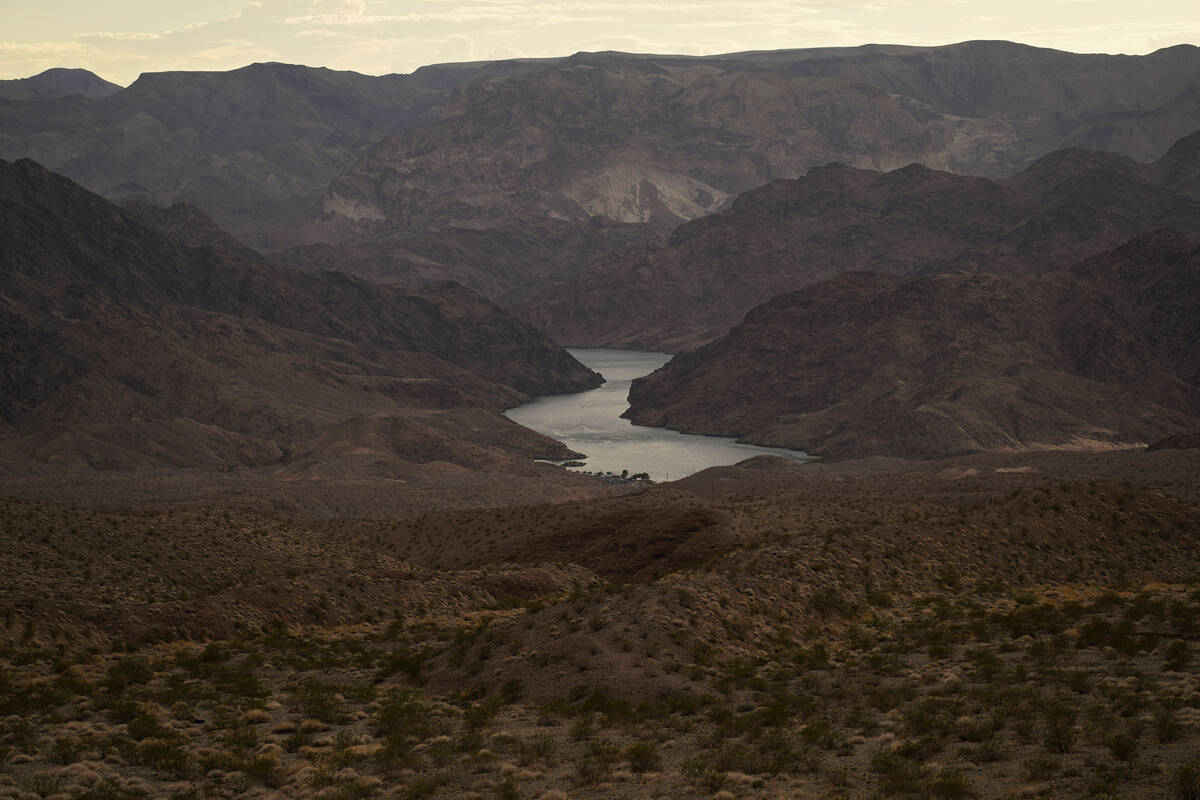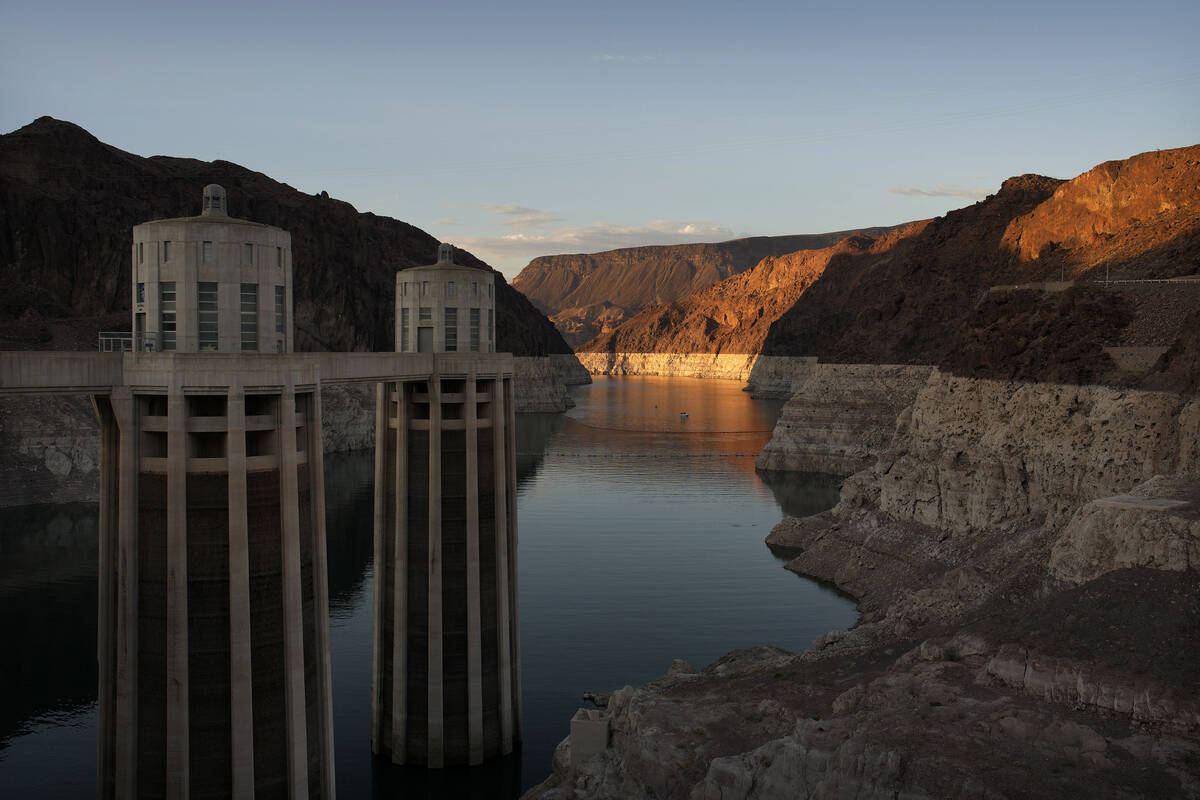More cities sign on to water conservation
More than two dozen municipalities across the southwest are following Southern Nevada’s lead in committing to tearing out thirsty decorative turf in some of the region’s biggest cities as the West grapples with how best to reduce water use along the dwindling and overtapped Colorado River.
Under a memorandum of understanding announced Wednesday, nearly 30 water managers from six states, including those that supply water to Las Vegas, Denver, Los Angeles, San Diego, Phoenix and other cities, laid out plans to significantly cut back on water use, including promises to expand programs to increase outdoor water efficiency, reduce the amount of nonfunctional grass by 30 percent by replacing it with drought- and climate-resilient landscaping, and increase water reuse and recycling programs.
The nonbinding agreement, which expands on one that the Southern Nevada Water Authority and a smaller number of agencies signed onto in August, comes as the seven states that rely on water from the Colorado River and the federal government continue to search for long-term solutions along the river in the face of historic drought.
“As we consider the long-term aridification of the Colorado River Basin, the math is simple: water uses exceed water supplies,” Southern Nevada Water Authority General Manager John Entsminger said in a statement. “But solving that equation will require all Colorado River water users across every sector to make hard decisions and be fully invested in water conservation if we are going to bring our shared river system into balance.”
Nevada already conserving
Many of the the measures outlined in the agreement are already in place here in Southern Nevada, and the groundwork to move forward is underway in several regions, many of which target the watering of “nonfunctional” turf — the grass growing on roadside medians, business complexes and other areas that people rarely walk on.
The Nevada Legislature last year passed a new law that requires all decorative, nonfunctional turf in Southern Nevada to be removed by 2027, which is expected to lead to another 3,900 acres of grass being torn out of the valley. In May, California’s State Water Resources Board adopted new rules that impose similar bans on decorative turf.
Decades of overuse and a 23-year megadrought fueled by climate change have left less water in the dwindling river while cities that rely on it have exploded in population. The river’s two main water storage reservoirs, Lake Mead and Lake Powell, have for several months hovered around one-quarter of their capacities.
30 percent reductions
Since June, the federal government has pushed the Colorado River basin states to devise plans to drastically reduce water use along the river by as much as 30 percent per year in order to maintain critical water levels at Lake Mead and Lake Powell and ensure enough water can continue to flow down river to meet legal obligations and keep hydropower operating from their respective dams.
The states missed an August deadline to submit such plans, and officials from the Department of Interior and U.S. Bureau of Reclamation last month took the first step toward revising the current guidelines for the river, including the possibility of taking unilateral action to mandate water use reductions if the states can’t come up with an adequate plan.
The memorandum signed Tuesday by the water agencies drew the praise of several conservation groups, including the Nature Conservancy, Environmental Defense Fund and Western Resource Advocates, who called it a step in the right direction in protecting the river.
“The Basin no longer has the privilege of time to methodically prepare for a hotter and drier future,” they wrote in a letter sent Wednesday to U.S. Bureau of Reclamation Commissioner Camille Touton. “That future is now, and the pace and scale of solutions to successfully reduce the Basin’s water supply risks must be accelerated by all members of the Colorado River community if we have any hope of assuring a sustainable Colorado River Basin going forward.”
Contact Colton Lochhead at clochhead@reviewjournal.com. Follow @ColtonLochhead on Twitter.
























